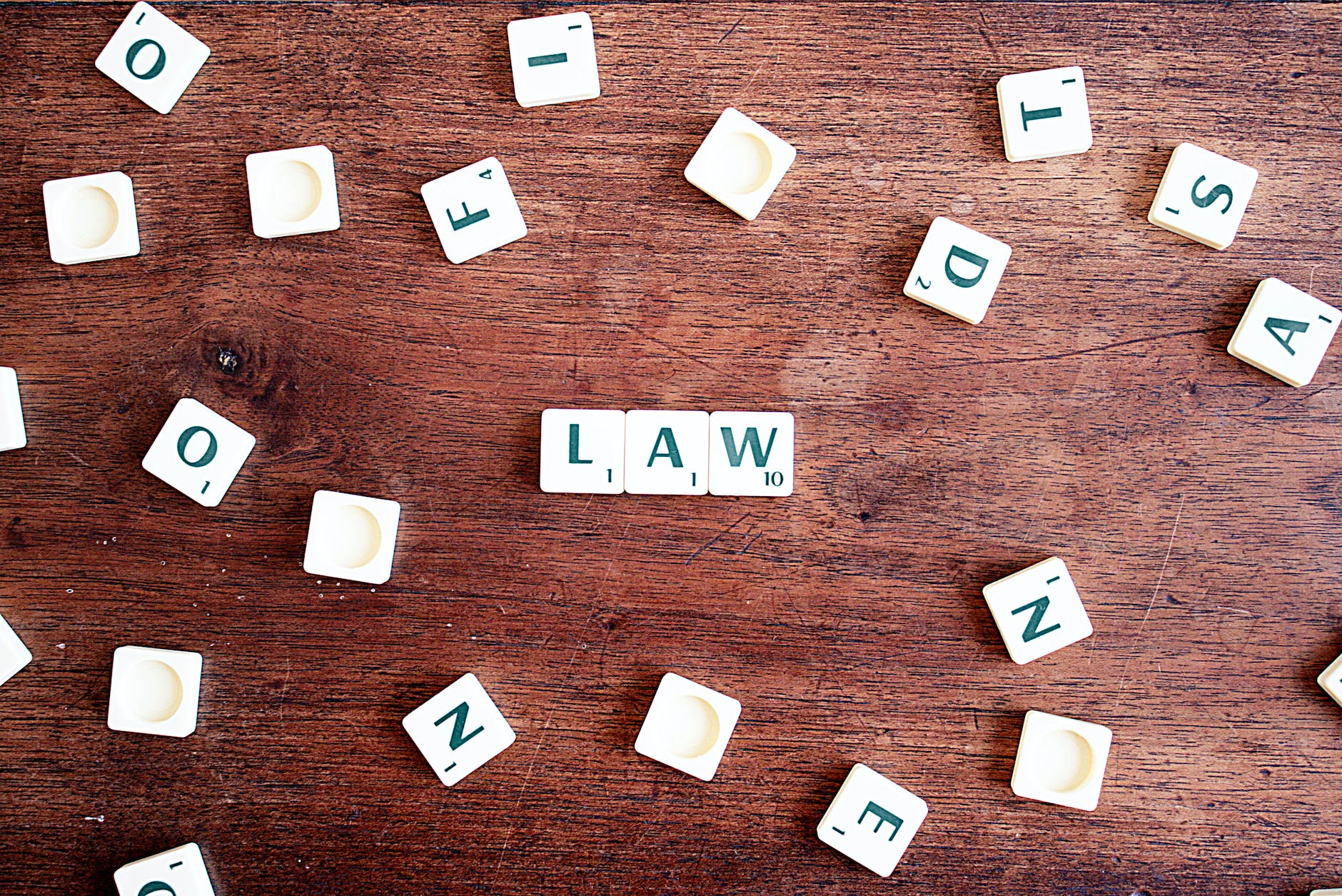
Law
Running a business is hard enough on its own, which is why legal disputes are especially painful for business owners no matter their industry. However, it is also important to remember that there are ways to mitigate the damage and reduce the potential costs in handling these matters.
So if you find yourself facing a legal dispute, whether it be from intellectual property infringement, employment issues, or contract disputes, here are some steps on how you can navigate these legal problems in the business world.
Understand the problem
Just like handling any business-related issue, handling legal disputes requires clearly identifying the problem and its context. Clearly define the issue, the parties involved, as well as what the consequences are.
It always helps to thoroughly review any relevant agreements or documents, so that you can properly equip yourself with as much information as possible.
Seek legal advice
Legal disputes are best handled with qualified experts since they can walk you through understanding the fine print, agreements, and legal jargon every step of the way. Seeking legal counsel as soon as possible also helps avoid potential legal issues down the road, since a competent attorney can help lead you to the best possible resolution for your legal dispute.

Seek legal advice
However, not all attorneys are ideal for every case. It is important to seek a qualified attorney specializing in a law practice relevant to your dispute. Additionally, it is important to also consider the track record of your attorney.
Luckily, legitimate legal counsel is becoming more accessible nowadays. For instance, Blanchard & Thomas provides qualified attorneys for each law practice area, such as personal injury, wills and trusts, criminal defense, and much more.
Weigh your options
With the help of your attorney, you will most likely be presented with several options to resolve your legal dispute. Evaluate whether mediation, negotiation, or litigation is the best approach to resolving your dispute.
Remember, each option has its unique advantages and disadvantages according to your situation. It is essential to carefully evaluate the pros and cons of each resolution according to costs, how long it will take, and its ultimate effect on you and your business.
Negotiation is where the parties involved directly discuss among themselves how to reach a compromise or mutually acceptable agreement. Compared with mediation and litigation, this option is less formal and provides more flexibility. However, agreements achieved through negotiations can be challenging to enforce if one party becomes uncooperative or breaches the agreement.
[Image by IuriiSokolov from Depositphotos]
Mediation is where an independent third party facilitates the discussions and agreements between the parties to reach a mutually acceptable arrangement. While mediation is relatively less expensive and yields faster results than litigation, it may be inappropriate for resolving more complex disputes.
Lastly, litigation is when you take the legal dispute to court, involving a judge or jury who will decide the verdict of your dispute. While litigation tends to be more expensive due to its time-consuming process, it is effective for more complex disputes or when neither of the parties refuse to reach an agreement through mediation or negotiation.

Weigh your options
Cover all bases
Whether you choose negotiation, mediation, or litigation, documenting all transactions and communications helps cover your bases and keep you prepared in cases when you need to back up your claim.
Archive or keep a record of all agreements, communications, and any relevant documentation, such as emails, contracts, letters, and receipts. Without these proofs or evidence, even the best litigation lawyer will find it hard to build you a strong case if ever you need to settle your dispute in court.
Prepare to compromise
As much as you want to completely tilt the balance in your favor, resolving legal disputes in real life often requires compromise. It is best to mentally and financially prepare yourself to accommodate compromises so all parties can reach a mutually acceptable agreement.
In the world of business, it is important to preserve relationships. Compromising through negotiation or mediation can be less expensive in the long run, less time-consuming than litigation, and helps mitigate relationship damages from the legal dispute.
To wrap it up
Although legal disputes are mentally, financially, and operationally draining, there are plenty of ways to mitigate their potential damage to you, your business, and your stakeholders.
Hiring competent legal counsel from the get-go is still the best course of action against legal disputes. From employment issues and contract disputes to intellectual property infringement, there are plenty of legal matters a business law attorney can help you with. Just like any crisis, proper counsel, strategy, and communication can go a long way in dealing with legal disputes.
No matter the industry, business owners should be prepared by knowing what to do in cases of legal disputes. Knowledge and preparation not only protect your business’ interests, it also helps business owners minimize any potential damage these legal disputes may cause.





